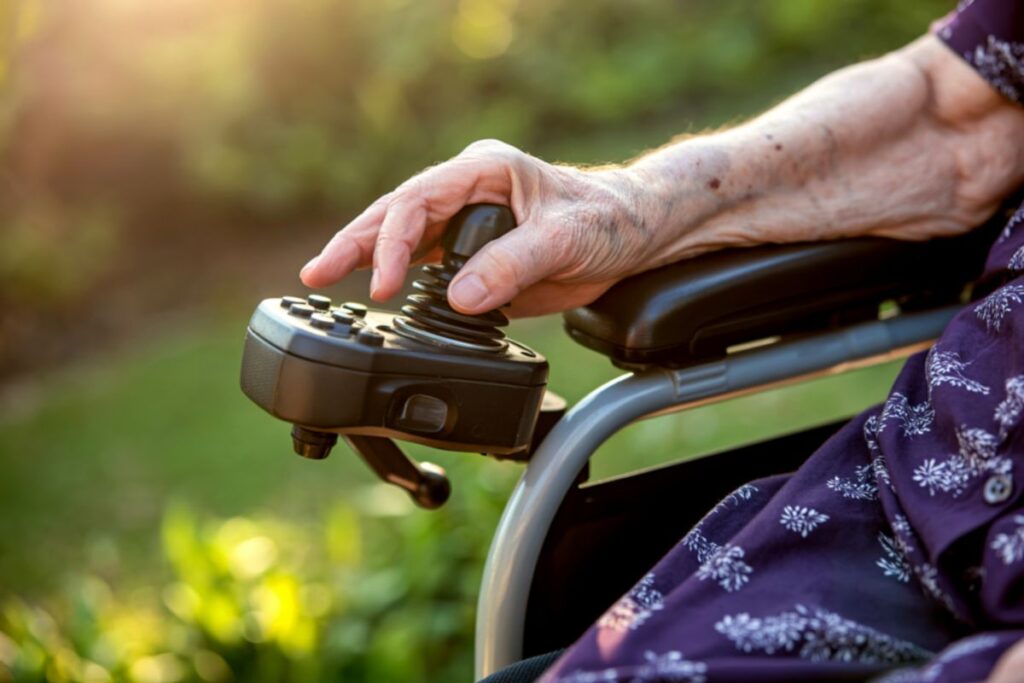Texas Jury Awards $61M in Products Liability Case Against Honda After Car Wreck |
Home - Mobility Chair Damaged by Airline
The Carlson Law Firm is investigating claims of mobility devices being damaged at airports and disabled persons going several months without access to their medical equipment. Compensation may be available.
We’re gathering information from wheelchair users whose chairs were damaged during air travel and then stuck in a long, confusing repair process. If your personal wheelchair was damaged by an airline and you waited weeks or months for a safe, comparable repair or replacement, we want to hear from you. This is an investigation, not a filed case. We are exploring:

Air travel accessibility is governed by the Air Carrier Access Act (ACAA). The ACAA does not provide a private right of action, so many travelers are pushed to file DOT complaints for individual incidents. What we’re seeing is a separate, widespread problem after the incident: airlines often hand off repair and replacement to third-party coordinators and vendors. That handoff is where delays, poor communication, and non-comparable loaners frequently occur.
Reports commonly mention:
We are examining whether policies, contracts or business practices in this vendor chain are causing systemic delays and harm to wheelchair users.
Airline travelers who need mobility devices have reported the following in relation to damaged wheelchairs:
Our team is exploring whether or not airlines violated the rights of disabled persons. If you believe your rights were violated, fill out the form.
You may be a good fit for this investigation if:
If you are unsure, tell us what happened. We can review the details.
For millions of Americans, wheelchairs are a necessity for mobility. Yet, every year, thousands of travelers with disabilities find their mobility aids destroyed or damaged by airlines. According to the U.S. Department of Transportation (DOT), airlines mishandle an average of 1.5% of all wheelchairs and scooters they transport, which translates to thousands of incidents annually. For passengers who rely on these devices to move, work and live independently, even one damaged wheelchair can mean days or weeks of pain, immobility, and indignity.
Not yet. We are gathering facts to determine next steps.
The ACAA does not include a private right of action. Many travelers file DOT complaints. Our investigation focuses on post-incident vendor practices that may be addressed under state consumer protection and other laws.
You may still be affected if the delay was unreasonable, the loaner was not comparable, or you suffered financial or medical harm during the wait.
A temporary device that reasonably matches your chair’s function and medical needs so you can safely perform daily activities while your chair is being repaired or replaced.
Yes. Once you contact our firm, we will never disclose your information. Your submission is confidential within our legal team.